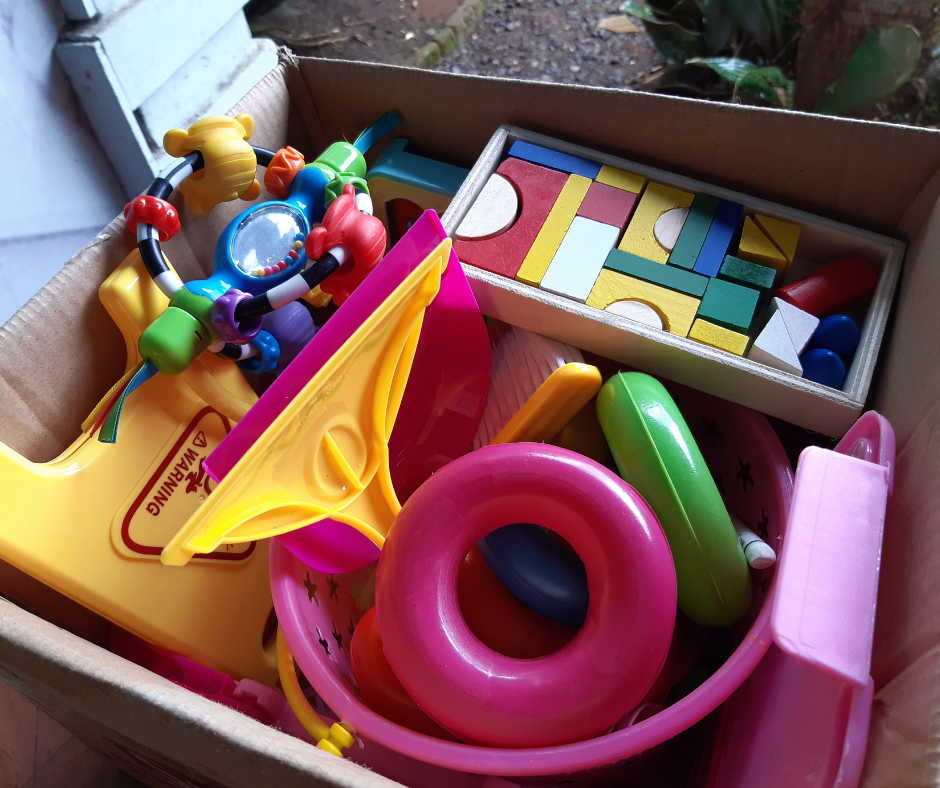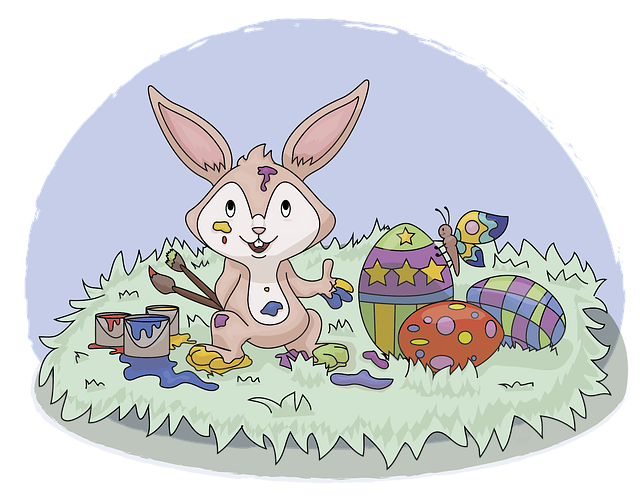Good childcare can be expensive and some families might find themselves struggling to balance the cost of their other living expenses.
As a nanny, you can help to ease the burden for your nanny family by looking for opportunities to save them money.
Here’s how you can help!
Coupons!
Couponing is HUGE, and people everywhere, particularly large families are hunting down coupons in a bid to save money.
The idea of cutting out coupons and vouchers might seem somewhat tedious, but it doesn’t have to be. The next time you’re sitting down while the kids are watching a movie or taking a nap, have a quick look through magazines and newspapers, cut out a few coupons that apply to you and save them for later.
Follow these top tips to help you stay on top of the couponing game:
- Subscribe to your local paper – Check that the papers include coupons that are relevant to you and if the saving exceeds the cost, subscribe to one or two so that you can start building your coupons.
- Check store policies – Does your local supermarket accept more than one coupon per transaction or item? Find out what each shop you visit allows so that you can save time and take advantage of every saving opportunity.
- Save the junk mail – You know the wad of leaflets pushed through the door on an almost daily basis? Some of these will include coupons or special offers from your local shop or supermarket. Look out for them!
- Pick up a magazine/leaflet – As you finish your weekly shop, look for a leaflet or magazine containing store offers and coupons that you can take with you. You’ll be able to plan your next shop in advance to coincide with new deals or sales.
- Pay attention to expiry dates – There’s no point having a purse full of out-of-date coupons that you have to search through at the checkout in the hopes of finding one that’s valid. Try to use coupons sooner rather than later, and do a weekly purge of any that have expired.
- Plan ahead – Use your coupons and information about sales or special offers to plan your shopping trip in advance. Make a list and stick to it so you know beforehand exactly how much your shop will cost and what you’ll save.
- Look online – You can find a whole host of coupons online. Be prepared to spend a little longer searching for coupons you can use, but the savings will be worth it!
- Follow your favourites brands on social media – Some brands will only post their best offers to their loyal social media followers so be sure to follow, like and connect with them on all platforms to stay up-to-date with the latest deals.
Loyalty Cards/Reward Schemes
Most shops and online retailers now have loyalty schemes that reward you with points or discounts when you shop. Things like the Sainsburys Nectar, Boots Card, even the Costa coffee card and many more can help you save money on things like; the weekly shop, clothes, pharmacy, soft play centers and fuel.
If you shop somewhere on a regular basis, it won’t hurt to ask if they have a loyalty card.
Multi-Buy Deals/Special Offers
Multi-buy deals and special offers can really help you in the long-term, particularly when they’re for frozen food or non-perishable items. Think about the future when looking at multi-buy deals and remember that spending a little more now could save you money next week.
Find the Freebies
There are plenty of online retailers and companies offering freebies of new products in exchange for something small. Some want reviews of their products, others simply want to spread the word. Some might want your email or home address for marketing purposes, so check the T’s & C’s before you sign up!
Shop Smarter
- Resist temptation – When you start collecting coupons, or building points, it’s easy to fall into the trap of buying things you don’t really need. Just because something is buy-one-get-one-half-price doesn’t necessarily mean you should buy two, if you don’t need two. Don’t be tempted to buy something you don’t need and won’t use, just because you have a coupon.
- Shop around – Don’t be afraid to shop at different places. Just because you can get everything on your shopping list from one shop, doesn’t mean that you should. Other shops may offer certain items cheaper or have offers/coupons that you can use to bring your overall cost down.
- Consider cheaper alternatives – There are many different brands of items to choose from when you shop. Take a simple tin of beans for example. There will usually be at least two different brands of beans at your local supermarket. Compare them see what you might save by switching to a different brand or a home brand and give it a try.
Use our top tips to start saving today. Apply them to your own spending as well as your nanny family’s and you’ll both be saving money in no time.
If you have any money saving tips you’d like to share, get in touch in the comments!












